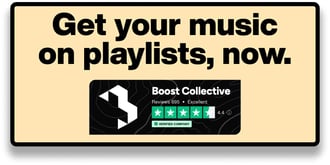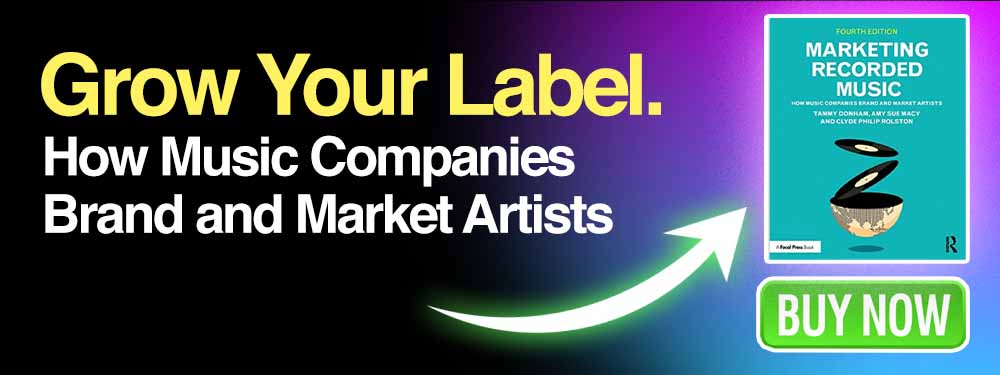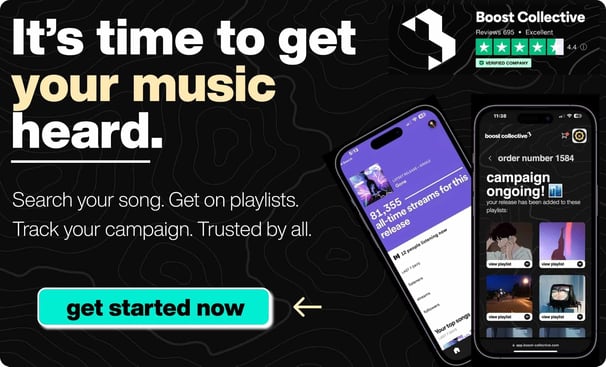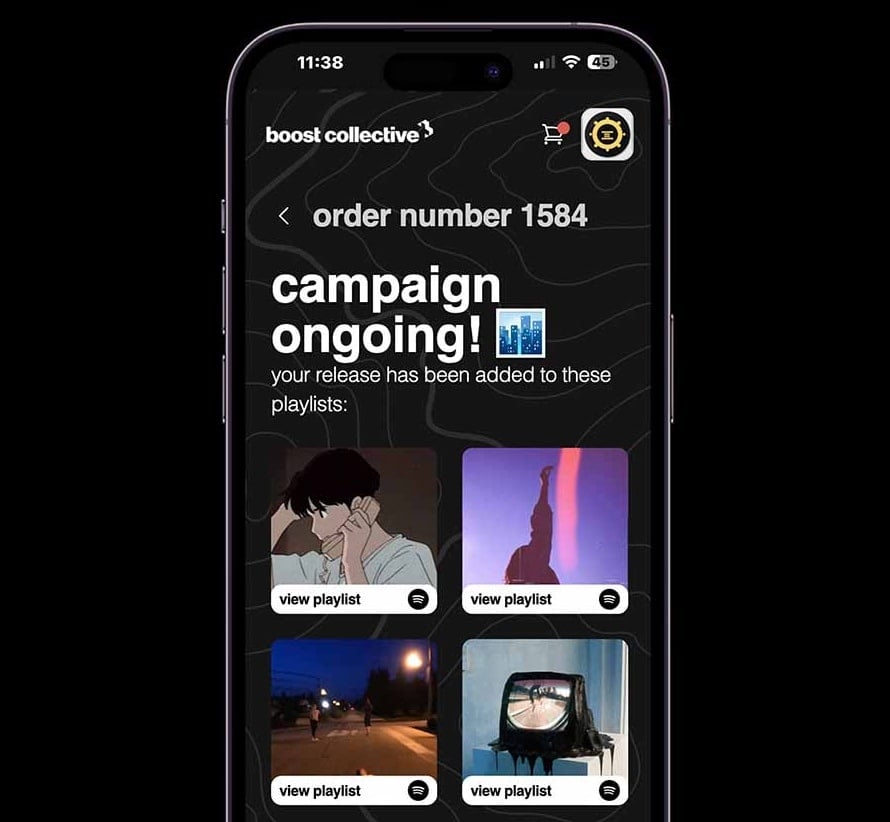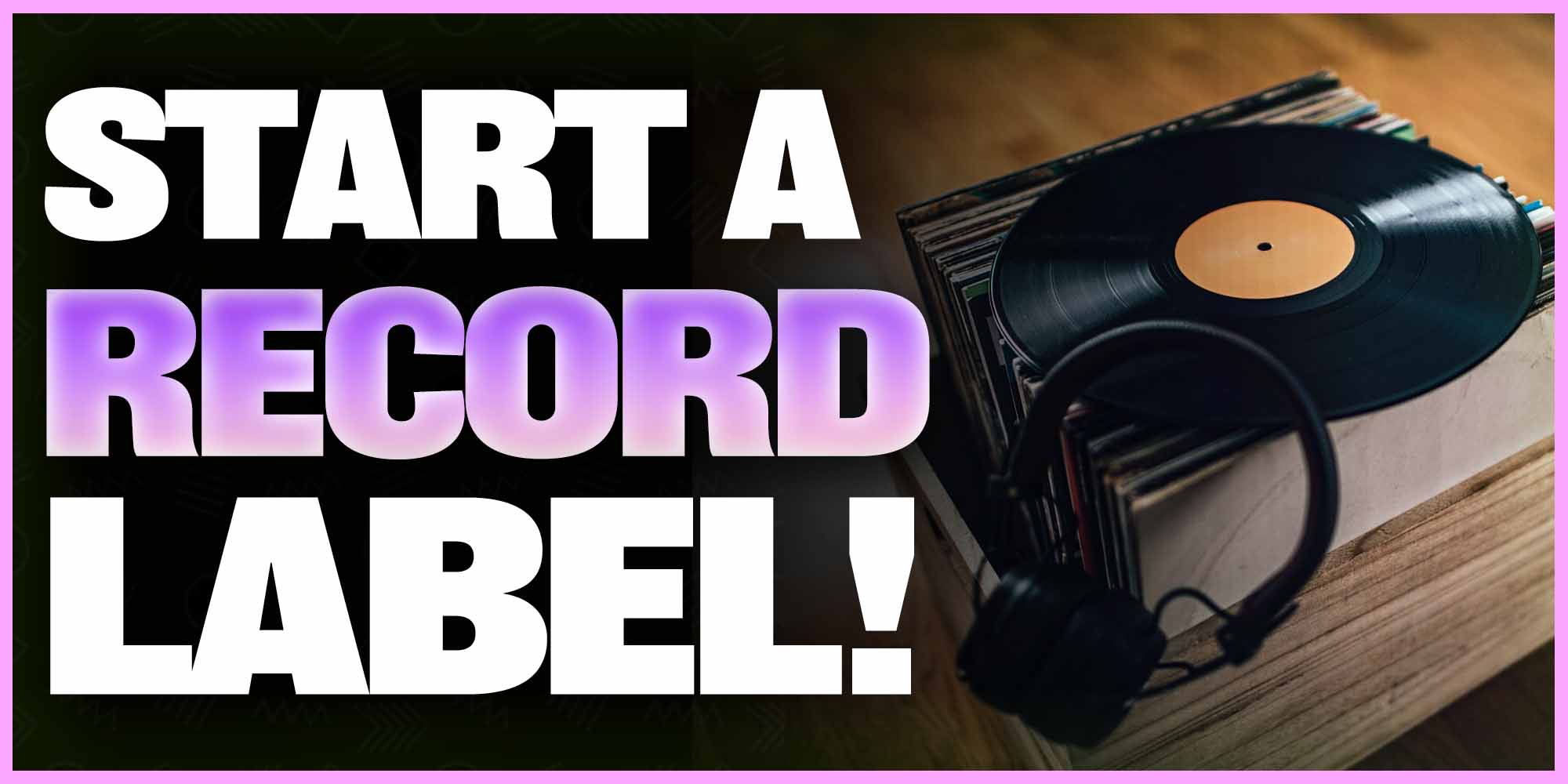
Start A Record Label For Free!
Here's how you can start a record label business with no money! In this blog, I'll show you how to start your record label this year!
To start a successful independent record label, you don't NEED to spend hundreds.
You can start a label without spending any money with the right steps! 😉
Just note, there are some tips & tricks that you may not be aware of...
Read this full blog to capture all the info!
Now, let's go through the process of how to start a record label.
Let's Start Your Label And Release Its First Track!
Want to get your music on active & relevant playlists that actually get results?
Get your music heard now 👇
We'll send you a login to manage your song and future catalog after we've set everything up for your release!
And hey! If you release EDM music, we'll also send your music and register your label with Beatport & Traxsource.
Free recording contract PDF Template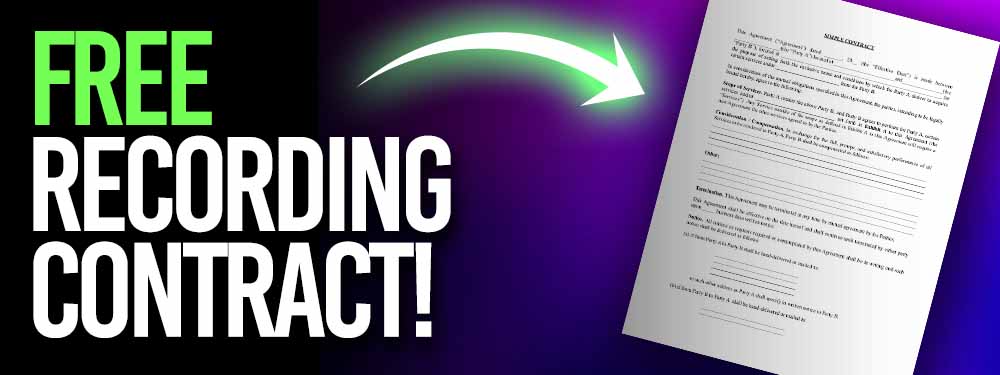
Before you begin this step, creating a business bank account as the label owner will be crucial to your success.
To start a label, you'll need a recording contract agreement. As the new label owner, you have some quick business to go over.
Your record label contract is an agreement between the artist and the record label about how the artist's music will be made and put out.
It requires both sides to agree on rights and responsibilities.
With this agreement, the record label proves that it owns the music that came out of the recording sessions and has the right to let other people use it to promote the album.
The agreement spells out how a fixed percentage of royalties (public performance royalties can be included) will be paid to artists and the people who work with them.
Read THIS to Super-Grow your Record label.
This banner above (with the book) ☝️ is the BEST resource in the music biz.
This book is widely read by music industry professionals and record executives. It essentially breaks down exactly how to sign artists (amazing artists), and create a profitable business out of building a successful record label.
It inspired thousands of people to stop waiting for their "big break." and to claim success!
- Mastering social media
- Going "viral" with music
- Mastering the art of merchandising
- Embracing real connections with fans
How much does it cost to start a record label?
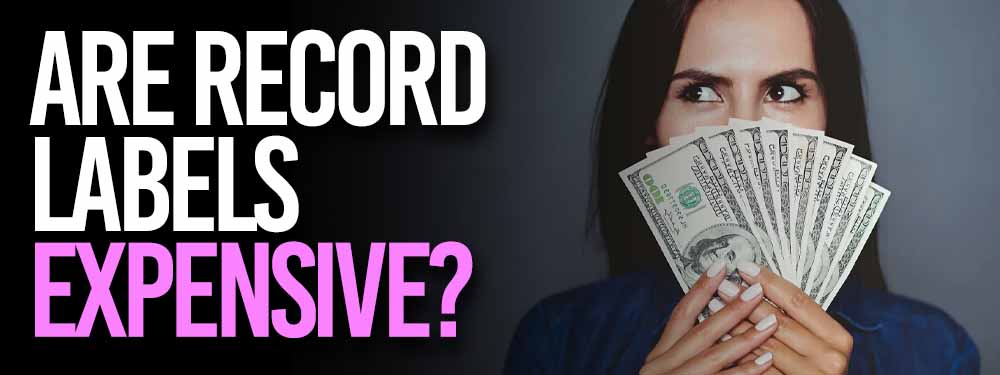
So boom, you now have your own label, so you don't have to worry about money right? Wrong!
The business of record labels is a big one, and there are places all over the world where music can be promoted and sold.
On average, it costs between $200 and $10,000 to start a record label. The costs can vary based on equipment, recording, business operation, and music promotion costs.
To get your record label underway you'll first need to understand the expenses that come with it.
Don't worry, there are free ways to start a successful independent record label.
With Free Music Distribution, the price can really go down!
10 common record label expenses
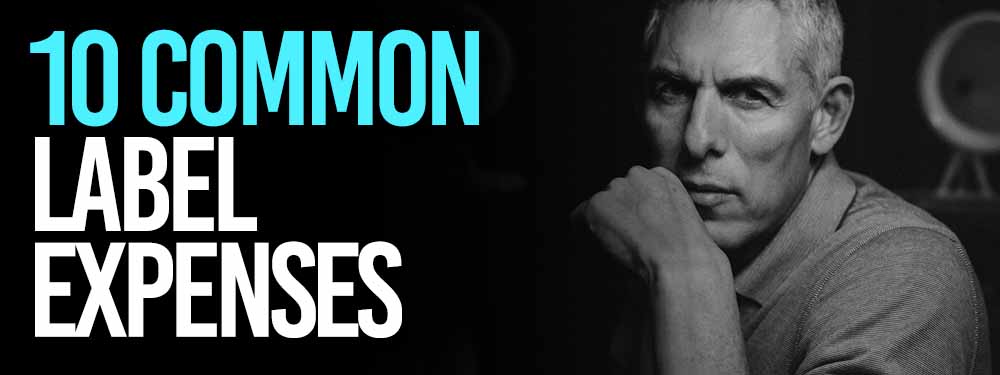
Running your record label is feasible, just make sure you account for expenses.
10 expenses record labels' music pay to be in operation:
-
Website costs
-
Music promotion cost
-
Business registration
-
Artist Merch
-
Microphones
-
Physical manufacturing costs
-
Business tax
-
Studio monitors
-
Studio rent time
Starting a record label isn't ever 100% free, but there are good ways to cut costs.
You may have to work a day job as you build your release catalog if you don't have significant savings.
#1. Website costs
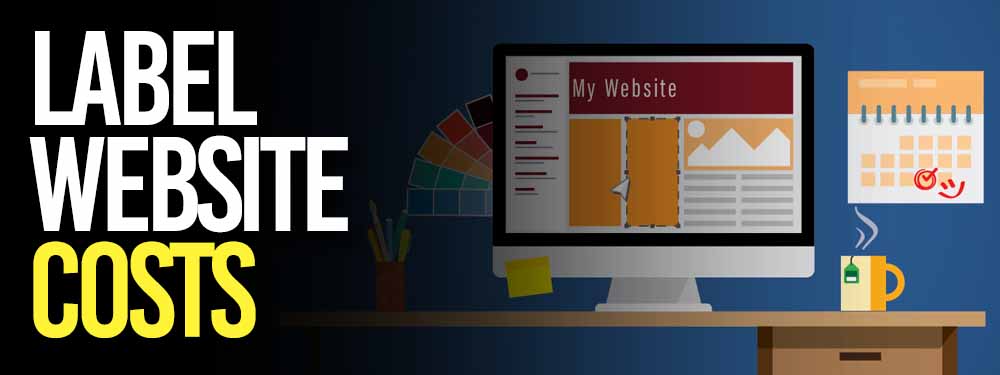
All record labels have websites, it's just the game!
You can build a website in three ways:
-
Use a website builder
-
Host it on a website platform
-
Hire a professional designer.
The most expensive option is to hire a website designer, which will cost you thousands, and I don't recommend it.
The music biz runs digitally, but that doesn't mean that your record label business needs to cost.
You don't need a fancy website to sign musicians.
Independent record labels can launch their website for free using a platform like Wix, or Google Sites.
Such website builders are optimal for your indie label and many other independent label owners. They allow you to create & publish a decent-looking searchable website!
Later on, once the business structure is making money then you can upgrade to your own record label domain.
Note: monthly cost goes up by anywhere from $11 to $50.
This can account for website integrations, getting a domain, and hosting your record label website.
Really though... A nice-looking, professional, 10-page website with standard customization will cost less than a 50-page website with all the bells and whistles and a lot of customization.
My advice is to start a record label website with only these pages:
-
Record label roster page
-
Merch page
-
Contact page
-
Artist submission page
Your record label's website can be built with free basic tools! Starting a record label website is not a complex issue and is something anyone can do with basic online skills!
#2. Music Promotion Costs
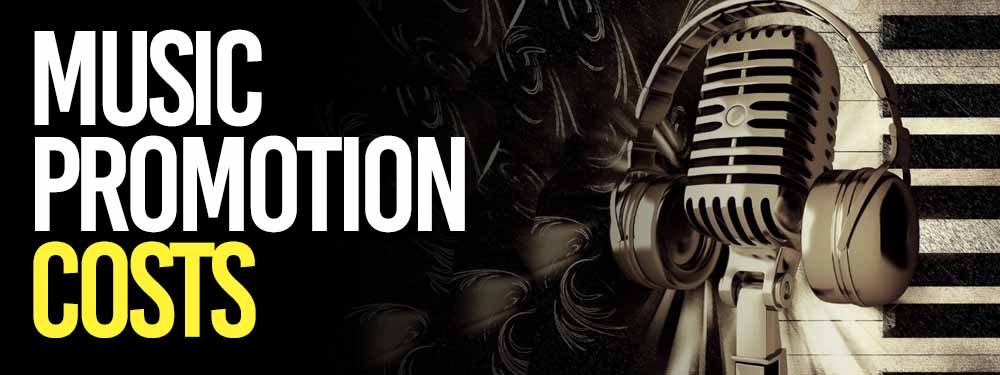
It's hard to spend money on your career when your record label doesn't have a solid ROI business structure.
A new record label needs to consider the costs of:
-
Artist press
-
Music video directors
-
Photographers
-
Radio pluggers
-
Digital agencies
These fees are in line with the skills you're hiring, but they are set by the person, not the market.
One way to get free music promotion is by reaching out to small promoters looking for testimonial work.
Network on LinkedIn and social media to set a basic business agreement with promotional outlets.
Whether you spend money on Instagram, TikTok, YouTube, or Facebook depends on where your audience is and which social media presence is your main one.
But guess what?
#3. Digital Distribution Costs
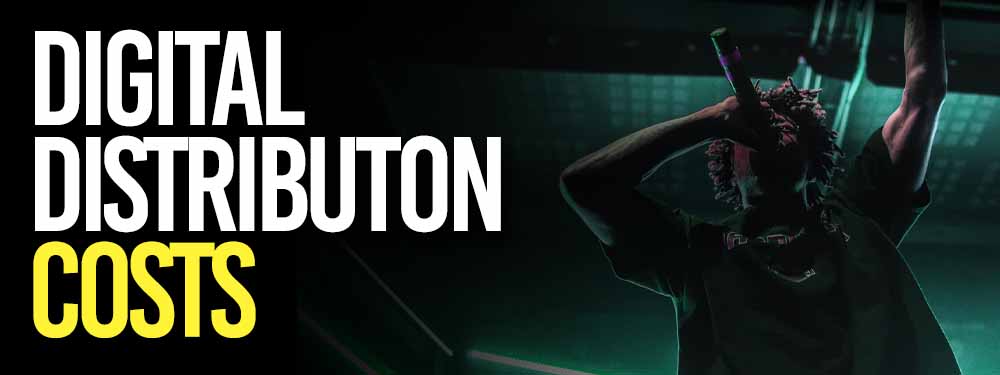
You can't have a record label unless you... Have records.
Independent record labels need a reliable way to distribute music to stores!
Which music distribution platform is best for labels?
You can a one-time fee to have the songs put on their website and many other platforms, like Apple Music, Google Play, and Spotify. This can be costly as you grow though.
Good thing record labels can release music for free with Boost Collective!
With Boost, you can upload for free to sites like iTunes, Spotify, and 150+ stores.
The benefit of putting out your own music is that you can make money from it, so all those fractions of pennies and cents are yours.
#4. Business Registration Costs
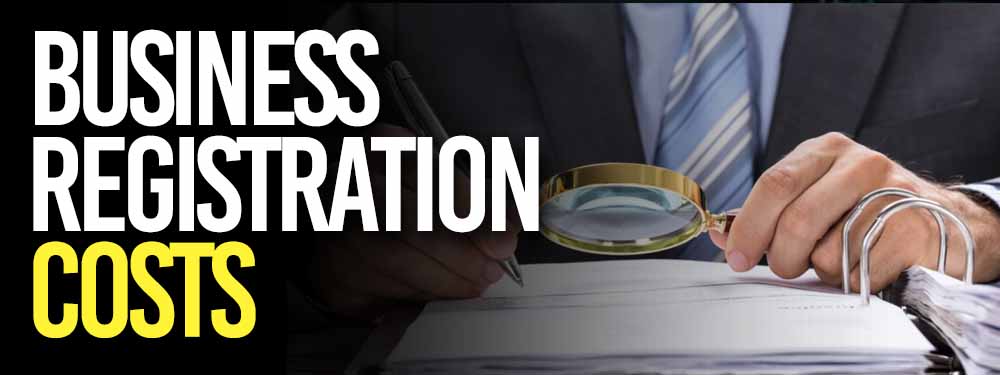
Every legal business must have a name that lets people know what it is. This is key to running a successful label.
Your record label's business structure dictates how big it can grow.
The first step in forming a record corporation is to decide what you want to call it.
Your company's name can be anything you want!
Here are common record label name styles:
-
(Label) Music Group
-
(Label) Collective
-
(Label) Music
-
(Label) Publishing
-
(Label) Incorporated
Simply having a business name isn't enough for an independent record label.
Try to keep your business catchy, and avoid trends (for longevity.)
See counties charge a filing fee, so make sure you watch out for that...
It would be recommended to get in contact with a music lawyer as well
Once your local business name registry approves your name, you can do business the right way!
This is one of the initial stepping stones in the music industry.
There are many styles of business:
-
C Corp
-
S Corp
-
LLC
-
Sole Proprietorship
Note: if you want to give stars and build music careers then avoid a sole proprietorship business structure.
#5. Artist Merch costs
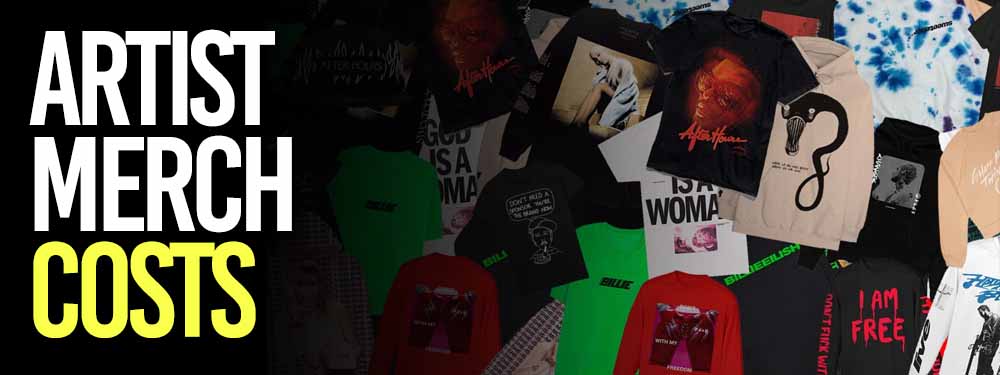
Most people start a record label without any way to make money.
Artist merch is one of the most profitable ventures for a music entrepreneur.
The price of your shirt designs can vary a lot, depending on:
-
How many ink colors do you use
-
Shipping costs
-
The complexity of merch design
-
Style of merch you're selling
The more colors in a design, the more it will cost to print, and printing a design on both the front and back of T-shirts will almost always cost more than printing just one side. Also, if the artist wears specific pieces of merch (on music videos, in public, etc), those items may be more in demand.
You can sell merch for free AND integrate a store onto your record label website with Printful.
Printful is designed to get your music merch out to the world without you paying a dime.
But never forget...
Even if you're trying to save money, the quality of the item will affect how much it costs to make merchandise.
Signed merchandise, limited editions, and exclusives are also great ways to make more expensive merchandise.
Once your record label's name grows you can attract better talent and sell more.
#6. Microphones costs
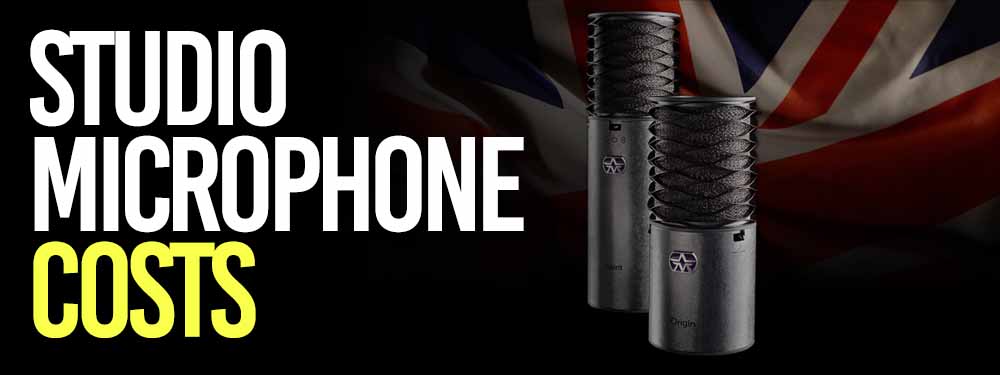
Every major label focuses on having the highest music quality possible.
The least expensive mic costs about $150, while the most expensive perch costs about $20,000.
Why are microphones so expensive?
At least one person has overpaid for a microphone like the rest of us...
The price of a microphone is based on a lot of things, such as its parts and materials. Name-brand microphones almost always have better quality.
Small indie labels can't afford a $20k mic...
In many cases, your artist will have their microphones so you'll be good.
A way to get a free microphone is to borrow one from a friend or rent it for very cheap.
Most studio microphones are condenser microphones, which have a better frequency response and a more detailed sound.
Good recordings are the difference between thriving independent labels and struggling labels.
#7. Physical Manufacturing costs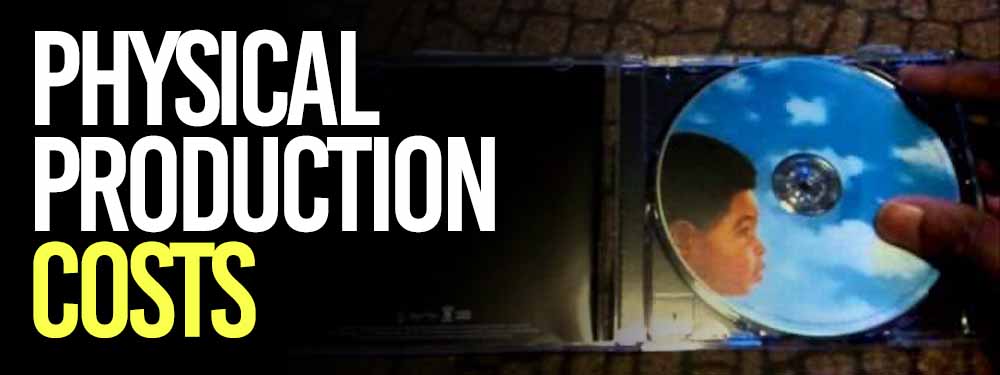
Physical music sales are at their lowest... But vinyl sales are booming.
It costs about $100 to make a thousand copies of a CD in a jewel case with a one-page insert that is printed on both sides.
As a business owner, you need to keep these costs in your periphery.
Most record-pressing plants won't make less than 100 records at a time so that they can get their money back from the costs of setting up.
The best purpose for physical CDs is to sell/offer to fans at live events or as gifts.
The total cost is based on the cheapest options, but the average cost of a run, which is $12.25, is based on the cheapest options.
Digital music is huge, but physical music is more profitable.
Every functioning label has a hybrid structure between digital distributor and physical.
#9. Studio Monitor costs
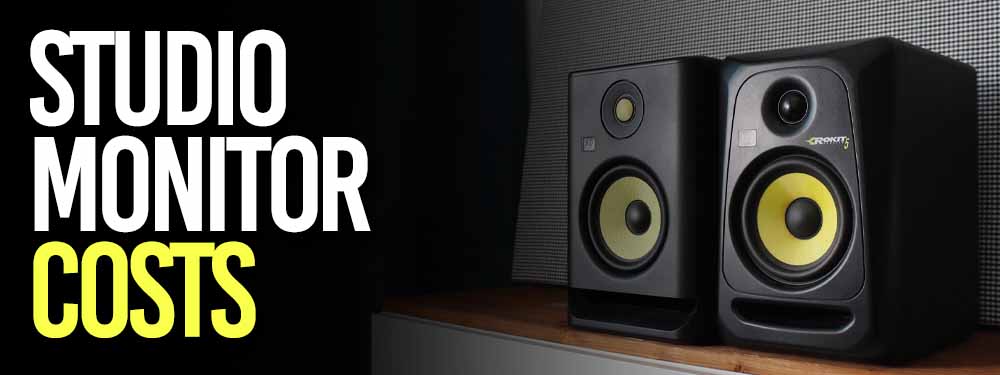
You can only get visibility online if fans enjoy your music.
What's a good pair of starter monitors when starting a record label?
A pair of studio monitors like the $100 PreSonus Eris 3.5 is a good place to start. New artists just need a way to produce good music.
I recommend starting a record label when you have connections, so your signed artists can get good 1-on-1 attention.
For an artist's first release, a good set of monitors will ensure the music quality is up to par.
Bonus: The Edifier MR4 and the Mackie CR4-X are two of the best studio monitors for less than $500.
#10. Music Studio Rental costs
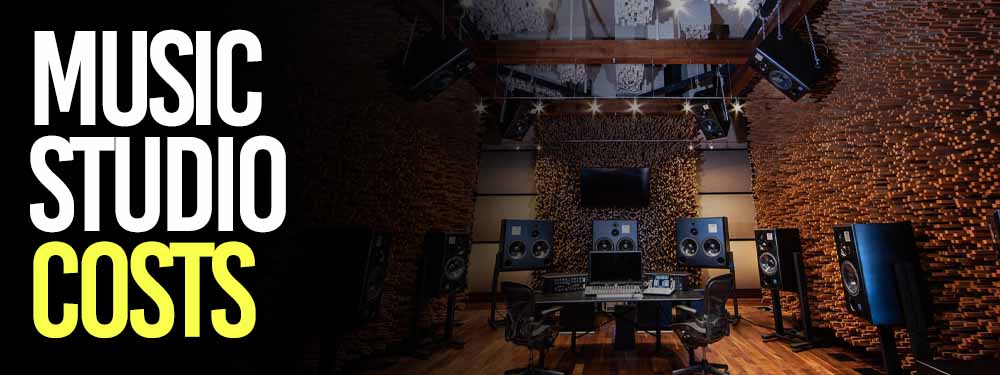
To really improve your sound and make you're set stronger, you have to work at it.
Probably one of the most important parts of the puzzle is to record at a good studio.
How can you make the best music possible if you don't have good sound quality and good vocals?
Working in a professional recording studio with a professional sound engineer may seem a little scary, if not very expensive.
From the people who work in the studios every day, here are the facts.
They know the answer because they have worked hard for years.
Start Releasing music with your label!
Distribution services are attractive for smaller indie record labels who might not have the resources to distribute records themselves.
This way, smaller labels can have their records pressed without incurring any upfront expenses.
In these deals, the distribution company fronts the money for the creation costs of the album or other distribution-related fees.
This results in less cash flow disruption for small companies that run on tighter budgets than the major labels.
Thousands of songs have been released through music distributors by independent artists just like you.
There are now more music distributors than ever for indie artists like you to choose from.
Create label accounts on streaming platforms
The cost of music distribution for labels can be too high, but it doesn't have to be.
TuneCore can definitely help with the distribution needs of your label.
We suggest that you switch from the pay-per-distribution plan to the Professional plan, which gives you unlimited distributions.
Even if you have the Pro plan, you can only connect one email address and one way to get paid at a time.
With the Professional plan, you can manage more than one artist and get access to important features and tools, like management tools.
Set up a good music industry record deal
A record contract is a legal agreement between a record label and an artist who is going to be on the record.
Artists who have signed a contract can usually only record for that label.
"By courtesy of (the name of the label)" will be written on guest appearances on records by other artists.
When a recording goes out of print, it's usually because the label doesn't think it will make enough money to keep selling (or distributing) it, or because the license agreement with the artist has ended.
Like any other business, record labels can go out of business and have to sell or trade their masters and copyrights.
4 types of record deals to consider
Most rappers would love to work with one of the big labels.
To be a real player in the music industry, you need to know what kind of music label deal will work best for you.
4 types of label deals you can offer are:
-
Production deal
Most of the time, major labels only offer deals to artists who are already getting noticed.
It is important to talk to an entertainment lawyer before you sign anything.
Before you sign any agreement, read the fine print.
Your legal contracts will create revenue that will help create the book called Call Your Legal Entity!
Use deals with multiple publishing companies to get your album records out there.
If you're an artist and you have the chance to get a big advance, try to get more control over the situation.
5 Ways to save money on your own record label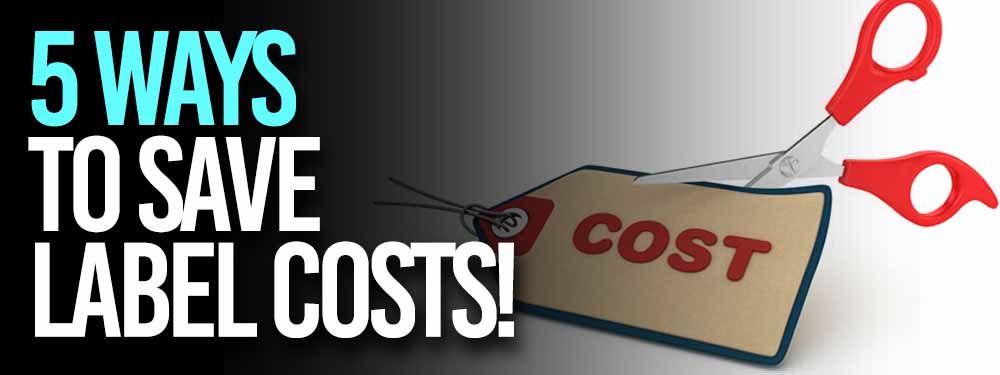
Why would anyone want to save money and still charge into the record music industry?
For that, you'll have to save money for your record label business.
4 ways record labels can save money:
-
Build your own music studio
-
Offer small or no record label advances
-
Use as much free music promotion as you can
-
Write off your business taxes
Depending on who you ask, richness is measured in different ways.
Being financially independent isn't the same as being rich, but not having to depend on a certain paycheck can make you feel richer than you ever thought possible.
#1. Build your own music studio
How much does building a recording studio cost?
Be prepared to pay the price to create a label-tier music studio.
A cheap studio will cost between $500 and $200. This accounts for headphones, microphones, and monitors.
If you really care about music, you may have been thinking about this question for a long time.
The total cost will depend on what kind of studios you want.
A cheap recording studio can be built just about anywhere, from your basement to your college dorm room.
#2. Offer only small record labels
A major label can offer 6 figure deals.
Let's not kid ourselves, there's no way a new record label can afford that...
Here is a good alternative.
A label can recruit quality talent without a huge advance if they foot the production, promotion, and distribution costs.
Small record labels should avoid advances at all costs.
When building your own record label, you're also building your network.
You can promote AND distribute your artist's music for free with Boost Collective!
#3. Leverage free music promotion
There are many places where you can get your music out there for free.
Finding them all in one place can be hard.
You shouldn't have to pay to create a music promotion campaign.
This list of websites will help you find the services and resources you need.
Local bands can put their music online on sites like Spotify and make it available to millions of people in an instant.
Online is where music is going.
We look at these platforms to help you figure out how to use them and which ones are worth your time.
It's hard to figure out where to start when you're on your own.
We know how hard it can be to get people to know about you.
#4. Write off your taxes
Your costs for musical instruments include any taxes that you paid on these purchases.
You might be able to get the taxes you already paid back!
You can't deduct the actual cost of your musical instrument, but you can deduct the costs of maintaining it, insuring it, keeping it in good shape, and paying for repairs.
Check a lawyer before making hasty deductions which may bite you in the butt.
Build your Team!
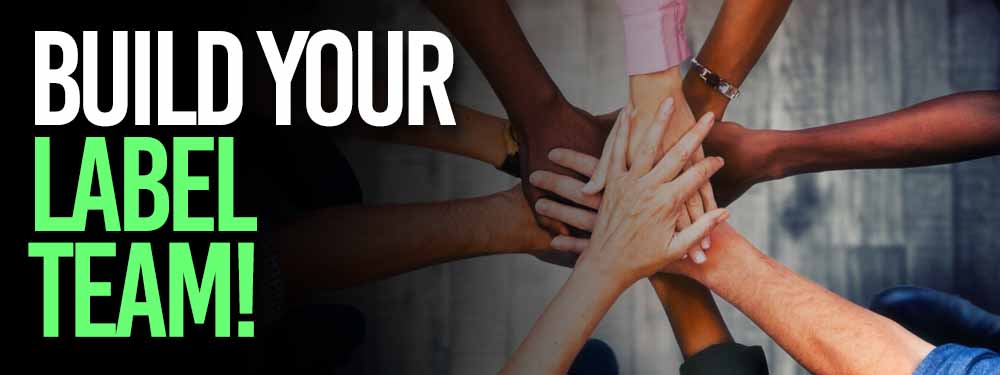
A good team can help you reach your full potential quickly!
If musicians need music industry help, who wouldn't a record label?
You need to work with someone you can trust and who, most importantly, believes in your record label's vision.
The more successful you want to be in your career, the more people you should bring on board to help you get there.
Potential hires for your record label include:
-
Staff writer
-
A&R team
-
Booking agents
-
Managers
These team members will help record labels with releases and push new music out!
Hiring an &R team
One of the most misunderstood jobs in the music business is that of the A&R.
The term seems to mean different things to different people...
A/R stands for "artist and repertoire." It is the job of an A/R to be involved from the beginning to the end.
they help with ensuring that releases succeed.
In recent years, it has become a catch-all term on social media and beyond for anything or anyone involved in music curation and discovery.
Some of their jobs are to find talent for a label, set up recording sessions, and act as a link between artists, producers, and other creative people.
To find a good A&R I recommend checking LinkedIn.
Professional A&R reps are always waiting for a new label to work with!
Get your music on playlists now.
It’s time you get your exposure and listeners up - playlisting by Boost Collective has been trusted by 50,000+ artists worldwide.
It’s easy: Search your song, get on playlists, and track your campaign.
What’re you waiting for? Tap in - and get added to playlists in 24 hours.
